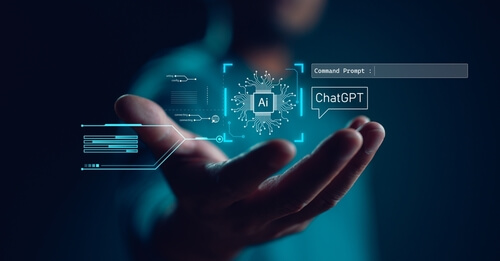In the era of modern technology, chatbots have become a popular tool for businesses and individuals to interact with customers and clients. Chatgpt is one such chatbot that has gained popularity due to its ability to understand natural language, making it easy for users to ask legal questions. However, as convenient as it may seem, relying solely on chatbots for legal advice is highly discouraged. In this blog post, we will explore the reasons why Chatgpt should not be used as a reliable source for legal advice.
Lack of Personalized Advice from Chatgpt
Chatgpt caters to a wide audience, and as a result, it does not provide personalized advice. It is not designed to understand the full context of a legal issue and may give you a generic or incorrect answer. As a user, you may not be aware of the limitations of Chatgpt, which may lead you to rely on its advice without considering the bigger picture. In reality, legal issues vary as one case differs from another, making it essential to have a knowledgeable and qualified person to provide personalized advice.
Chatgpt Can Cite Non-Existent Cases
One of the most significant disadvantages of using Chatgpt is its ability to cite non-existent cases. Chatgpt relies on algorithms to derive answers, which are only as reliable as the data being fed into the system. In some cases, the system may produce inaccurate or false information. As a result, relying on chatbots for legal issues could lead you down the wrong path, increasing the likelihood of errors or mistakes. See ChatGPT: US lawyer admits using AI for case research – BBC News
May Not Be Up-to-Date
The law is constantly evolving, and changes in legislation can impact your case. While legal professionals keep themselves up-to-date with these changes, Chatgpt may not be able to do so. This is because the chatbot relies only on predefined data, not fresh information. Thus, the advice provided may not be current and could lead you to take the wrong course of action.
Inherent Biases
Another downside of using Chatgpt is the possibility of inherent biases in the programming. Chatbots may incorporate biases from its creators or the data sources they rely on. These biases could cloud the information provided, making it inaccurate or incomplete. In such cases, relying solely on Chatgpt for legal advice could harm your case rather than help it.
Lack of Emotional Intelligence
Chatgpt is not designed to have emotional intelligence. While legal cases need to be dealt with rational and logical reasoning, it is crucial to understand the emotional impact of a legal dispute on your life. A chatbot cannot consider the nuances of your situation to provide empathy and support, which are critical components that human lawyers can provide.
Avoiding Reliance on Chatbots for Legal Issues
While the concept of using a chatbot for legal advice may seem appealing and cost-effective, it is not the best course of action. It is essential to consult with a lawyer or a legal professional to get accurate and personalized legal advice. Legal issues are complex and may require an exhaustive analysis of the underlying facts, and it falls squarely on the expertise and experience of a lawyer. Don’t rely on Chatgpt for legal advice, rather use it to get direction for your legal issues. For your litigation and arbitration, our team of attorneys are ready to take on these challenges. Contact us for more information Contact Our Office – Transnational Matters


